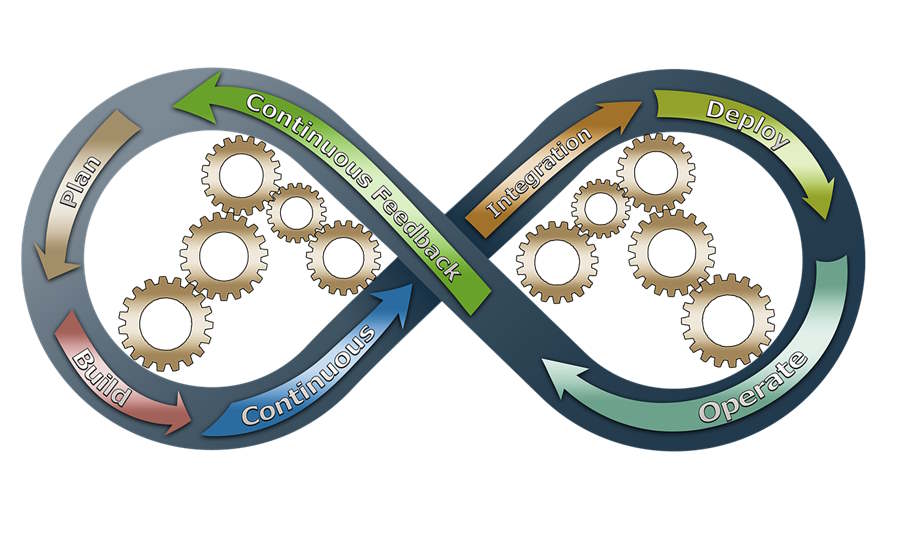In the fast-paced world of business, efficiency is key. That's why operations management software has become a staple for many companies.
Set to explore these vital tools, this article delves into five different types of operations management software, alongside a list of essential principles for developing your own system.
Strap in as we unravel the complexities of these systems. Find out how inventory, supply chain, and quality assurance tools, among others, can streamline your operations like never before.
1. Inventory Management Systems: The Heartbeat of Operations
Beneath the bustling surface of any successful company lies perhaps one of the most foundational elements in business - inventory management. Anemia in supply can lead to stockouts, while excess supply might drain resources.
Hence, balancing this delicate ecosystem is crucial, and that's where a proficient Inventory Management System steps in. It not only tracks inventory levels but also oversees sales patterns and order status for efficient replenishment.
Keeping tabs on stock levels has never been simpler or more precise with this operational savior at your disposal.
Example: Ollie Management System
Consider Ollie, a comprehensive operations management tool designed for optimal inventory management. It doesn’t stop at tracking stock levels and alerting when supplies are dwindling. Ollie offers a wide range of features, such as tracking sales patterns, order status, and location-based inventory management.
It even equips businesses with pivotal insights for strategic decision-making, truly epitomizing the versatility that inventory management software can deliver. As a brewer, you have more than one reason to optimize your brewery using the Ollie Management System.
This multifaceted tool is an invaluable asset for businesses desiring tailored solutions and streamlined operations.
2. Supply Chain Software: Streamlining Product Flow
In the enormous web of businesses, from manufacturers to customers, navigating your product—it’s a journey that's often riddled with complexities. Supply Chain Software simplifies this labyrinth, ensuring a smooth sail for your product from inception to delivery.
Coordinating different stakeholders, managing myriad processes, and maintaining inventory are all bundled into this powerful tool.
Promising transparent and optimized product flow, Supply Chain Software bridges the gaps in operations, ensuring no node in your expansive network is overlooked.
3. Production Planning Software: Strategize to Optimize
A symphony of tasks, that's what production can be likened to. Without a seasoned conductor - in this case, a production planning software - the harmony might descend into disarrayed noise.
This nifty tool allows businesses to plan and control their manufacturing process meticulously. From forecasting demand and scheduling production tasks to optimizing resource allocation, it plays an integral role in keeping your business operations humming along harmoniously.
Adopting this technology signals a move towards increased efficiency and reduced waste - the cornerstones of successful operations management.
4. Work Order Management Systems: Your Hub for Tasks
Imagine having an exceptional assistant, meticulously coordinating your tasks, and ensuring everything runs like clockwork. That's the promise of Work Order Management Systems.
From processing customer requests, and managing internal projects to scheduling maintenance & repairs, it is a centralized hub that manages it all.
In essence, the utility of a work order management system lies in its ability to streamline workflow processes, leaving no room for oversights or missed deadlines.
5. Quality Assurance Systems: Maintaining Excellence in Operations
Quality is not only a measure of your product's proficiency but also a testament to your business's standards. Falling short isn't an option, and quality assurance systems ensure it never happens.
These tools systematically monitor every facet of your operations - from production processes to product testing - to maintain impeccable quality.
Relying on data-driven insights and automated checks, they uphold the consistently high standard your customers expect from you. Consistent quality is no longer a hope; it’s assured with these software tools in place.
Key Principles for Developing Your Own Operations Management Software
When venturing into the realm of creating your own customized operations management software, there are key principles to consider:
1. User Interface:
A user-friendly interface is crucial. Ensure it's intuitive and easy to navigate even for individuals who aren’t tech-savvy.
2. Process Integration:
Seamless integration of all operational processes within one platform reduces redundancies and enhances efficiency.
3. Adaptability:
Design your software with room for growth and change reflecting fluctuating business needs.
4. Reporting & Analytics:
Incorporate features for real-time reporting and analytics to help businesses make informed decisions.
5. Security:
Prioritize developing a secure platform to safeguard critical business data.
Remember, the goal is to simplify processes while optimizing overall operations without compromising security or flexibility.
Winding Up
Operations management software has emerged as a game-changer in the business world. From streamlining inventory to optimizing workflow and assuring quality throughout processes, there's a tool for it all.
But remember, each business is unique, and sometimes creating your own solution is the way forward. May your journey into operations management software lead to more streamlined, efficient, and successful business operations!








